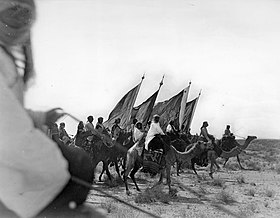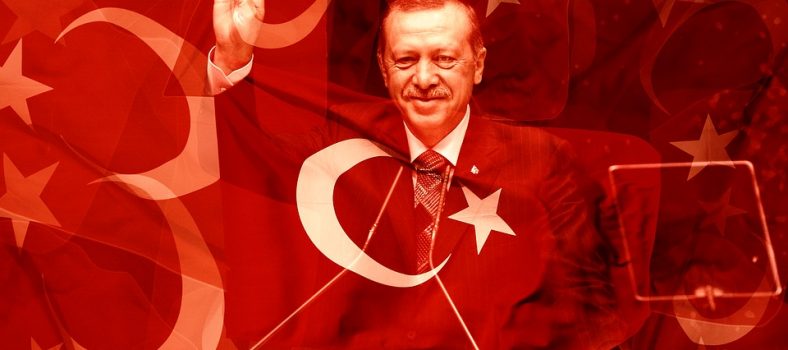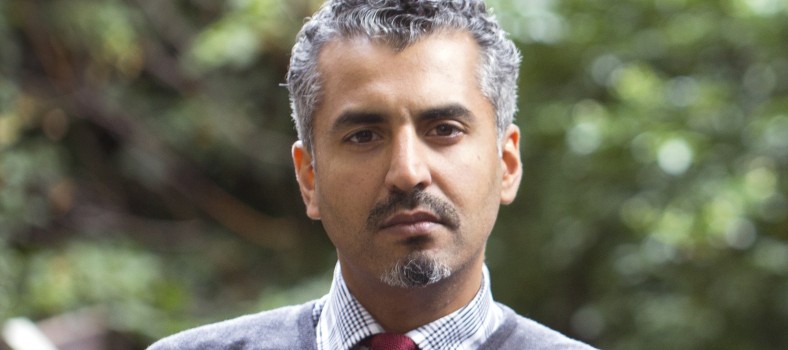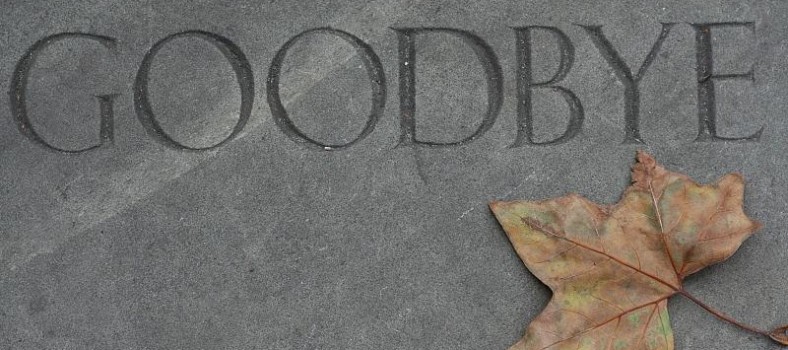Allah’s Kingdom: The Saudi regime’s attempted monopoly over Islam
“Our grandfathers gave allegiance to the sons of Saud. How can we come after them and betray them? How can we withdraw our hands from obedience to them when Allah has said, ‘Oh you who believe, obey Allah, obey the Messenger and those in authority among you. (Qur’an 4:59)’ ?”
The sheikh’s raspy old voice quivered as he explained the religious obligation that all Saudis had towards their rulers. He went on, the salt and peppery hairs of his long, straggly beard shaking as he spoke.
“What is more, the Messenger of Allah—may Allah’s peace and blessings be upon him—has commanded us to obey our rulers in a great number of authentic narrations. In prosperity and in hardship, in matters that please us and in matters that we abhor, we are ordered to remain steadfast in obedience to our leaders.”
From a textual perspective, the sheikh was not lying. There are a great deal of narrations attributed to Muhammad that command absolute obedience to a Muslim ruler, be he wicked or righteous, so long as he establishes prayers and does not profess open idolatry. In one such narration, Muhammad is said to have ordered obedience to rulers who may “have the hearts of devils and the bodies of men,” and who may “flog your backs and take your wealth.”
The Sheikh continued, “For what Allah has bestowed upon this blessed nation—wealth, security, and prosperity—is a result of our obedience to our leaders who command us to worship Allah alone. It is the promise of Allah in his book, as he has said, ‘Allah has promised to those among you who believe and work righteous deeds that He will, of a surety, grant them inheritance of power in the land, as He granted it to those before them; that He will establish in authority their religion – the one which He has chosen for them; and that He will change (their state), after the fear in which they lived, to one of security and peace: ‘They will worship Me (alone) and not associate aught with Me. ‘If any do reject Faith after this, they are rebellious and wicked.’” (Qur’an 24:55)
This is how many in Saudi Arabia see their country, with the above verses and narrations weaving perfectly into the official narrative.
Considering the history of this young nation, it is not difficult to see how effortlessly such a narrative is maintained. Looking, for example, at the biography of its founder, the desert chieftain Ibn Saud, one can not help but notice how shockingly similar it is to the biography of the Islamic prophet Muhammad.

Having been banished from the town of his forefathers, the charismatic leader rose to unify the unruly tribes of the Arabian Desert while upholding the revealed word of Allah. With an unwavering conviction that he was enacting the will of God, he employed a savvy combination of conquest, treaty and strategic marriage to vanquish his enemies and destroy all elements of pagan and superstitious practice, converting many a zealous warrior to his cause along the way. By the time of his death, he had triumphantly proclaimed himself ruler Arabia’s coasts and hinterlands and purifier of its holiest of cities.
In the span of single generation, he had transformed his homeland from a backward wasteland to a powerful player on the world stage.
Comparing the life of Ibn Saud to the life of the prophet Muhammad, history seemed to have repeated itself.
Unlike Muhammad, however, Ibn Saud’s many marriages produced a great number of offspring—45 males and potential heirs—ensuring that his realm remained firmly in control of his descendants after his death, avoiding the power struggle that ensued between the descendants and supporters of Muhammad.
Ibn Saud’s sons, with their immense oil wealth and monopoly over Islam’s holiest sites, portray themselves as the continued embodiment of Allah’s promise as fulfilled by their father. The state sponsored Islamic scholars who bolster the regime’s austere version of religion reinforce this view from the pulpits. The teachers and textbooks that educate generations of young Saudis emphasize it in the classrooms. And the clerical judges who interpret the Qur’an and ahadith into executable laws implement it in the nation’s courtrooms.
The gates of Makkah’s Sacred Mosque bear the names of Saudi Monarchs. The streets of the holy city of Madinah are labeled after the country’s countless emirs and princes. And in mosques across the vast desert nation, worshipers lower their heads in prayer onto carpets embroidered with the Saudi coat of arms.
Seamlessly, the idea is woven that the Wahhabi state—along with its kings, princes, and clerics—is the true custodian of Allah’s faith. To oppose the Saudi regime, then, is to oppose Allah himself.
This is part of the reason why the charge of apostasy is used against detractors of the state religion. In Saudi Arabia, Islam is more than an expression of personal faith; it is the single most effective tool by which the House of Saud clings to power. Like the caliphs and sultans of the days of old, their very legitimacy rests on the faith of their subjects.
Despite this, being a nation comprised of disparate conquered tribes and peoples, Saudi Arabia has never been a purely homogenous society.
In the EasternProvince bordering the Persian Gulf, Shia communities have long complained of discrimination at the hands of the Wahhabi regime.
In the Hijazi cities of Jeddah, Makkah, and Madinah, citizens who have historically been used to a more diverse and liberal interpretation of Islam have resented the intolerance of many Saudi religious teachings and lamented the destruction of holy sites deemed idolatrous by the Wahhabis.
Meanwhile, for worse, in the heartland regions of Nejd and Qassim, the grandsons of the zealous raiders who rode alongside Ibn Saud have opposed the encroachment of modernization and the ties with Western nations encouraged by the Saudi state, resulting in incidents like the seizure of Makkah’s Sacred Mosque and the many acts of terrorism that have gripped the nation in recent decades. As the very extremism once promoted by the Wahhabis festered beyond control, the regime found itself once more reining in dissent through the use of religion.
In all of these instances, words like blasphemy, innovation, deviancy, and heresy have been thrown at anyone looking to challenge the official Saudi version of Islam. Religion is used to suppress opposition and silence detractors.
But by bolstering their political legitimacy through manipulation of the spiritual needs of their people, the authorities in Saudi Arabia will soon find themselves in a compromising position. A socially active and aware class, with access to alternative views from the internet, social media, and their experiences in other societies, is now emerging. Though they may try, the Saudi regime can not kill them all. Twitter is proving to be mightier than the sword.
While I don’t foresee a huge wave of apostasy sweeping across the desert nation any time soon, I do anticipate more instances of open opposition to Wahhabi interpretations. As they consider charging another one of their citizens, blogger Raif Badawi, with the capital offence of apostasy, it is due time for the monarchs to accept that in reality, they are not voice of Islam.





